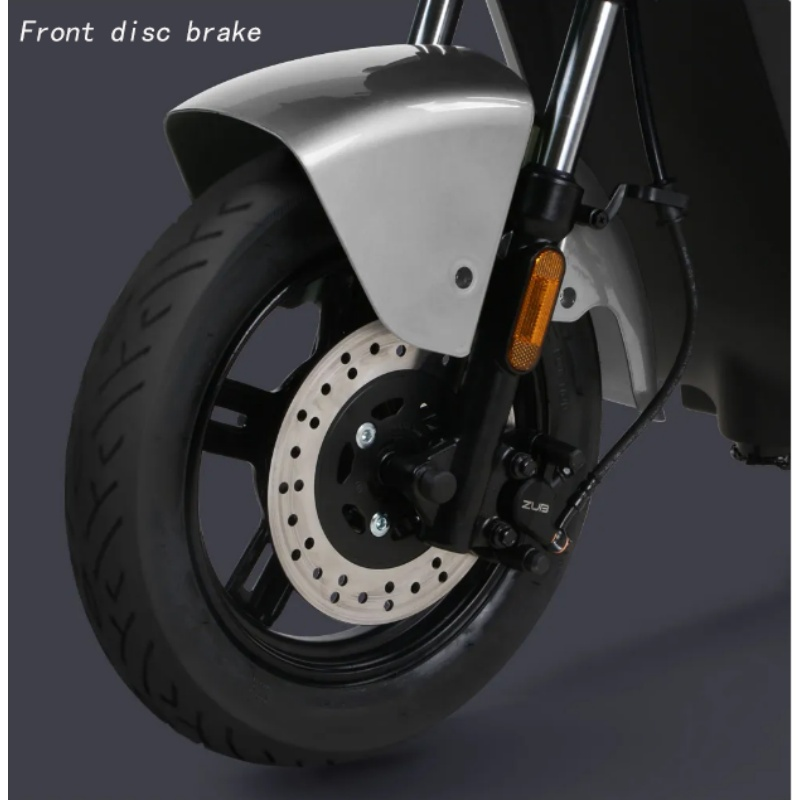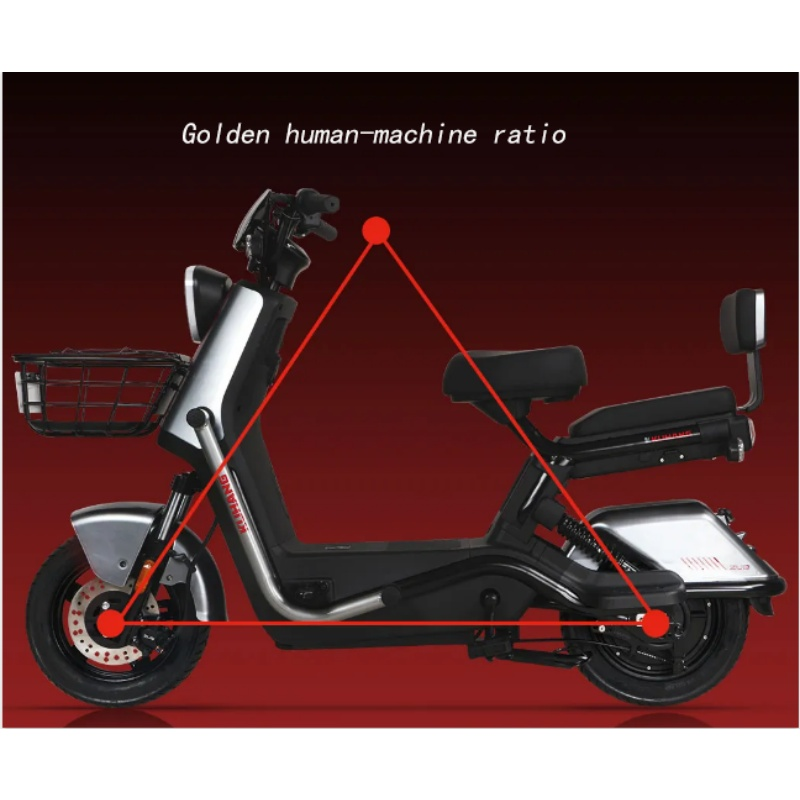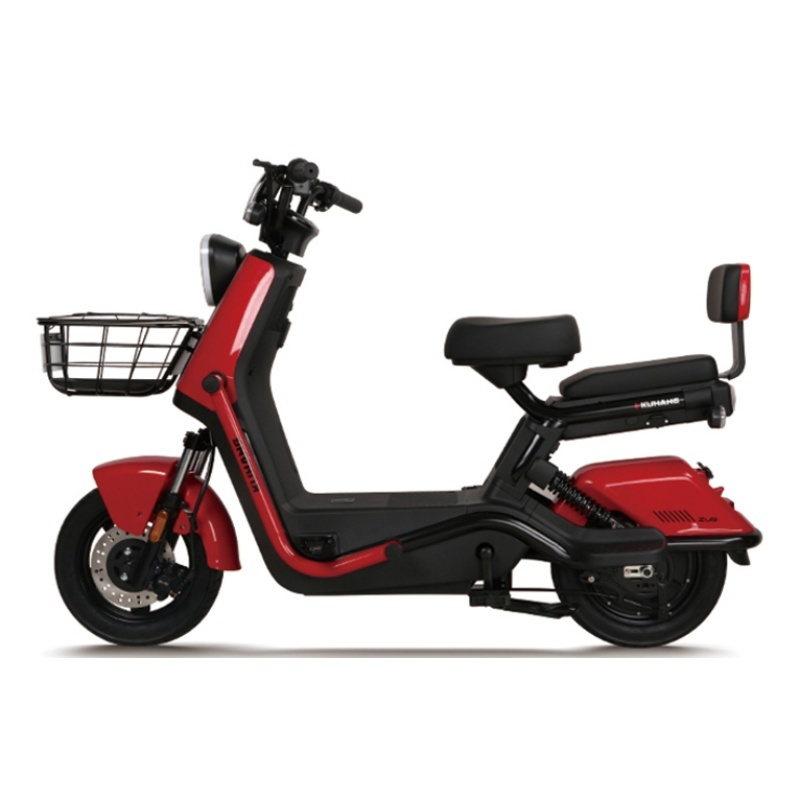ebikes
Electric bikes, or ebikes, represent a revolutionary advancement in personal transportation, combining traditional cycling with modern electric assistance technology. These innovative vehicles feature an integrated electric motor and rechargeable battery system that provides pedal assistance, making cycling more accessible and enjoyable for riders of all fitness levels. Modern ebikes typically offer multiple assistance levels, allowing riders to customize their riding experience based on terrain and personal preference. The sophisticated motor systems can provide assistance up to speeds of 20-28 mph, while advanced battery technology enables ranges of 40-80 miles on a single charge. Key technological features include regenerative braking systems, intelligent power management, and LCD displays showing speed, battery life, and distance traveled. These bikes often incorporate smart connectivity features, allowing riders to track their routes, monitor battery status, and adjust assistance levels through smartphone applications. Ebikes serve various applications, from daily commuting and leisure riding to mountain biking and cargo transport. The integration of hydraulic disc brakes, all-terrain tires, and weather-resistant components ensures safety and reliability across different riding conditions.


